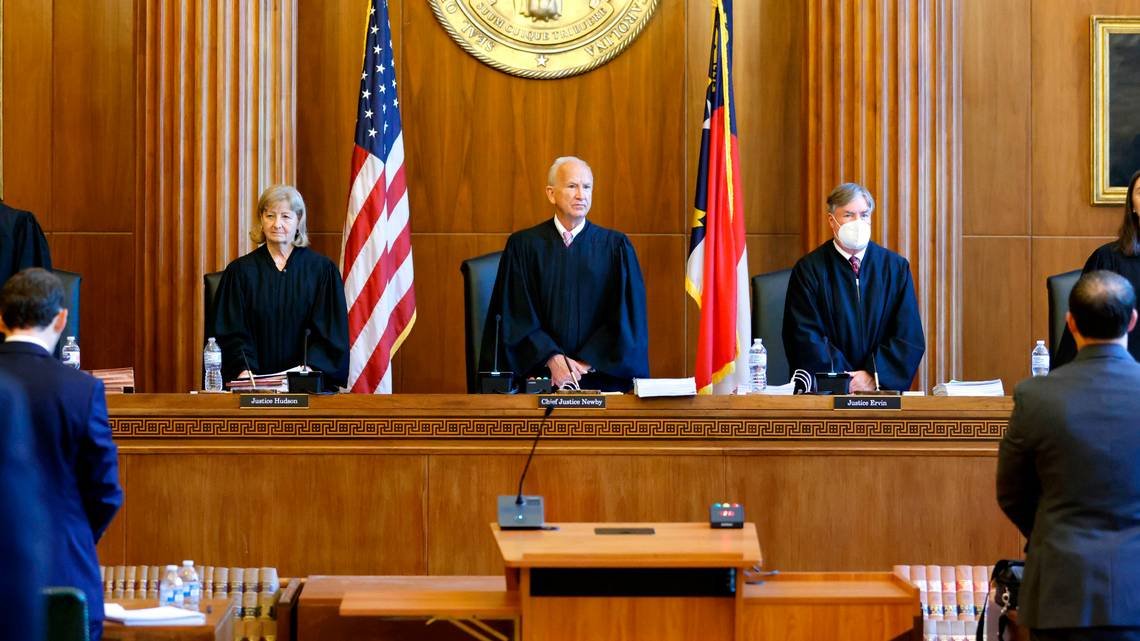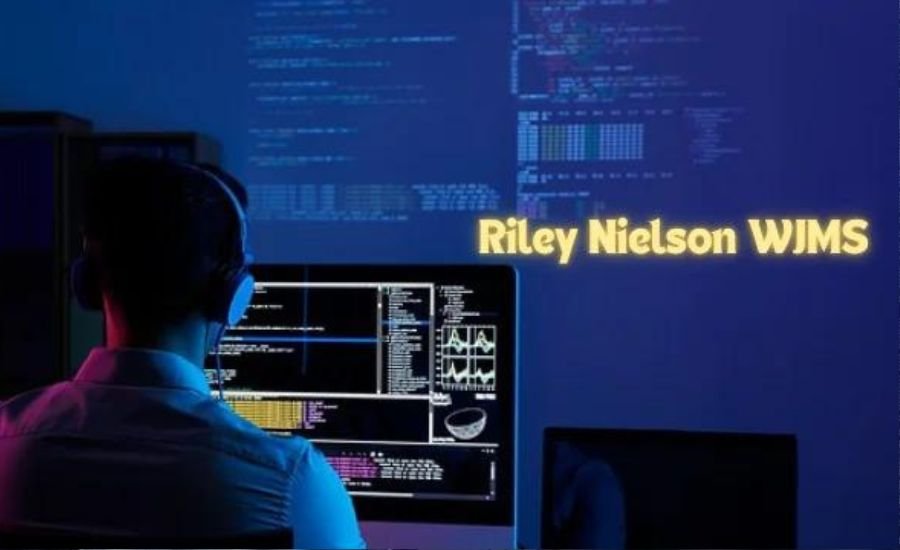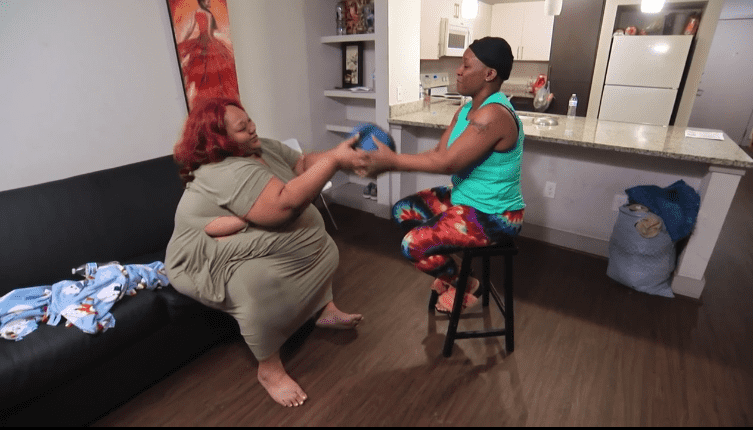introduction
If the decision of a lower court fails to provide justice, there is still hope in the Supreme Court as it is considered the last resort. Being an avenue for seeking redress, supreme court appeals are complicated and call for an extensive comprehension of the law together with thorough preparations. In this challenging process, our seasoned lawyers at Brownstone Law are committed to helping clients through such situations. This article will give an insight into supreme court appeals and how important expert legal representation can be.
What Is A Supreme Court Appeal?
A supreme court appeals involves asking the highest court of the land to review or reverse decisions made by lower courts. Such cases usually deal with major legal questions or matters of general interest among people. Unlike trials and intermediate appeals, supreme court reviews do not re-examine facts but concentrate on principles of law and their interpretation.
Steps In The Process Of A Supreme Court Appeal
Petition For Certiorari: Filing a petition for a writ of certiorari marks the beginning stage in any appeal process towards washington dc’s highest bench. It outlines both parties’ case; points out where legal mistakes were made by trial judges or juries sitting as fact finders etcetera; also touches on reasons why this particular case should be reviewed by justices who make up SCOTUS since only few petitions get granted thus making it very significant.
Merit Briefs: After certiorari has been granted, petitioner and respondent file comprehensive briefs each arguing their point from opposite sides – i.e., why did they think that lower court erred (in case of petitioner) & what reasons exist supporting decision taken at trial level (for respondent)? These must have strong foundations based on legal precedents so as to be persuasive enough before supreme courts judges.
Amicus Curiae Briefs: Amici curiae meaning friends of the court are third parties with strong interest in outcome of a case. They could be organizations or individuals who may file such briefs providing extra arguments and different perspectives which can sway justices’ minds when making judgments.
Oral Arguments: Sometimes SCOTUS schedules oral arguments where lawyers present their cases and answer questions from judges sitting on panel hearing them out – this helps justices get more insight into various points raised during written stage; they are able to probe deeper into an argument thereby clarifying any ambiguities that might have arisen so far because not all things become clear just by reading papers alone.
Deliberation and Decision making: Justices retire for private conference after oral arguments session ends, what follows is deliberations among themselves over the case before casting votes as to whether it passes or fails at supreme court level. This process involves drafting opinions which explain how legal conclusions were reached by each member of the bench including those who supported or dissented from majority opinion(s). Final decision gets published becoming binding precedent subject to review by other courts later on if need be.
The Role Of Supreme Court Lawyers
When dealing with a supreme court appeal one needs specialized knowledge in law thus making supreme court advocates important these are their roles:
In-Depth Legal Knowledge: There is usually complexity surrounding most matters brought before SCOTUS hence knowing where exactly such issues lie together with ability of pointing them out clearly becomes crucial for any advocate appearing in that court.
Exceptional Writing Skills: It would be highly unlikely that any lawyer will win his/her client’s case without having excellent writing abilities since this is key area where persuasion takes place before judges who ultimately decide people’s fate based on what they read from those papers submitted by attorneys representing both sides.
Effective Oral Advocacy: To be successful at persuading justices during an oral argument, one must possess good communication skills coupled with quick thinking especially when challenged by members sitting on bench trying to find holes within submission made thus requiring legal acumen as well.
Strategic Case Presentation: Understanding various priorities of Supreme Court judges and different judicial philosophies is very important in framing arguments before them so that they can look more appealing towards particular judge’s perspective which increases chances of success.
Why Choose Brownstone Law?
Our lawyers at Brownstone Law have a lot of experience and are very successful in Supreme Court appeals. We know what is at stake and we promise to represent you as best as we can no matter what stage of the process. With our strategic thinking and extensive knowledge of the law, we ensure that your case will be presented accurately and convincingly.
Conclusion
Supreme Court appeals are the highest level in the legal system and they require an unparalleled understanding of the law along with unwavering commitment. Success in this area demands one’s comprehension about this process as well as appreciation for a good attorney. At brown stone law firm, we help steer clients through complex journeys such these while also providing them with necessary expertise so that justice may prevail.aca




